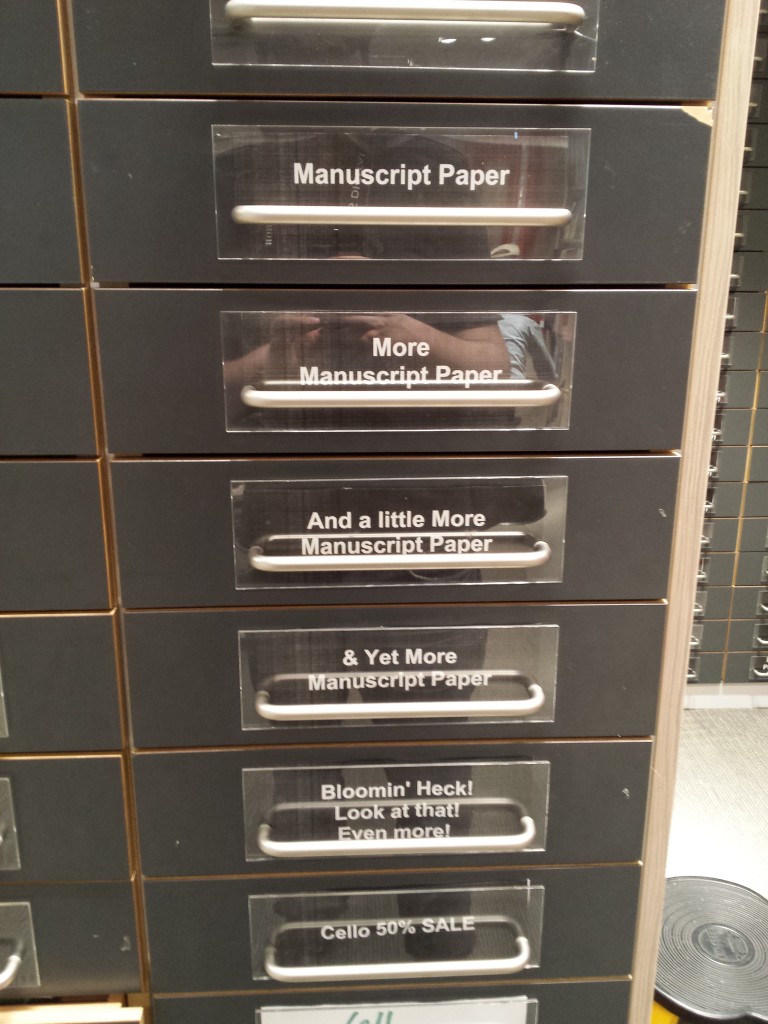The Second World War was really bad because lots of people died. I give it 0 stars out of 5.

Oh, I’m actually meant to be saying what I thought of this book by Antony Beevor about The Second World War. Well, in that case, it was excellent.
We learnt about the war a bit in school, but only really in the course of studying in turn Nazi Germany and the Cold War, so some understanding of WW2 was important to both of these. And then like probably every British person, there’s all the stuff I learned about through cultural osmosis (‘Dad’s Army’, Dunkirk, the Blitz). It’s safe to say my understanding of the war was mostly limited to Europe. So reading this was a great chance to fill the gaps in my knowledge and see the bigger picture.
And what a big, horrifying picture it was. The book opens with the almost unbelievable story of Yang Kyoungjong, a Korean conscripted to fight in the Japanese army. Then he was captured by the Soviets, and placed in a labour camp. When Germany invaded Russia, along with many other prisoners he was forced into the Red Army, to fight on the Eastern Front. There he was captured once again, this time by the Germans, who sent him to fight in France. Where, after D-Day, he was captured by Americans.
In some ways, Yang was incredibly lucky. A sadly recurring theme of the book is how often the various armies ignored the ‘laws of war’, either taking no prisoners or abjectly failing to look after those they had taken. Or worse: I knew that the Japanese treated their prisoners poorly, but had no idea before reading this book that they sometimes engaged in cannibalism of them (and this was systematic, not just a few isolated cases).
Yang’s story is also a reminder there are aspects of the war almost forgotten about by many, in that his story began with Japan fighting the Soviet Union. Although this conflict generally isn’t considered a part of WW2 proper, and in fact ended just as the fighting in Europe was getting underway, it had significant effects on the future course of the war. The fighting between Japan and China is also something I knew next to nothing about before this. But then again, I’m sure many Chinese people know very little if anything about the war in Europe. It wasn’t called a World war for nothing, and Beevor does a great job of covering all the disparate parts and stitching them together.
On a different scale, he is also adept at describing the personalities involved, and dissecting their often flawed decisions. It’s remarkable how much in turn the Russian forces, then the Germans, suffered from meddling by Stalin and Hitler respectively. When they managed to leave things to the generals, things usually went better, although this wasn’t by any means universal and there are plenty of blunders by lower level figures described. Even Churchill wasn’t immune, he seemed to be regularly coming up with completely impractical plans, which his military advisers usually managed to talk him out of.
This also means Beevor gives a lot of insight into the internal conflicts, both within a country’s forces, and with their allies. Often pride was a danger, with generals on the same side competing for the prestige of capturing a particular city. The British and Americans regularly clashed over how the war should proceed, and obviously the same but more so with the Russians. Then there’s the Chinese (riven by their own split between Communists and Nationalists), the various French factions. the Eastern European partisans… at times the term “Allies” seems overly simplistic. This becomes especially prominent towards the end of the war in Europe (a topic I’m still particularly interested in, because of how it leads into the Cold War and shapes the Europe of today). Beevor covers all this diplomacy just as well as he does the military campaigns.
There is one aspect of the war that I would have liked to read a bit more about: the science and technology. For example Ultra intelligence from the Allied cracking of Axis codes crops up several times as swinging a particular battle, or saving a crucial ship. But Beevor never really explains where it comes from. Similarly the war concludes with the atomic bombs used on Japan, and he goes into some detail on the decision to use these, but makes no mention of the vast efforts of the Manhattan Project which had led up to them being available. Just a minor quibble, and I understand these things may have been thought too tangential in an already very long book, but to me it seems they could have at least been fleshed out a little, given their crucial effects on the war.
Anyway, other than that minor point, I thought this was an excellent history of the war as a whole, and certainly more than filled the gaps in my knowledge. Now I have the urge to hunt out scores more books giving greater detail about individual parts of the war mentioned here, which seems like a good sign. I believe Beevor has written a few of those himself, and if they’re up to this standard I really look forward to reading them.
 Walk the Lines: The London Underground, Overground by Mark Mason
Walk the Lines: The London Underground, Overground by Mark Mason



 The Professor and the Madman: A Tale of Murder, Insanity and the Making of the Oxford English Dictionar
The Professor and the Madman: A Tale of Murder, Insanity and the Making of the Oxford English Dictionar